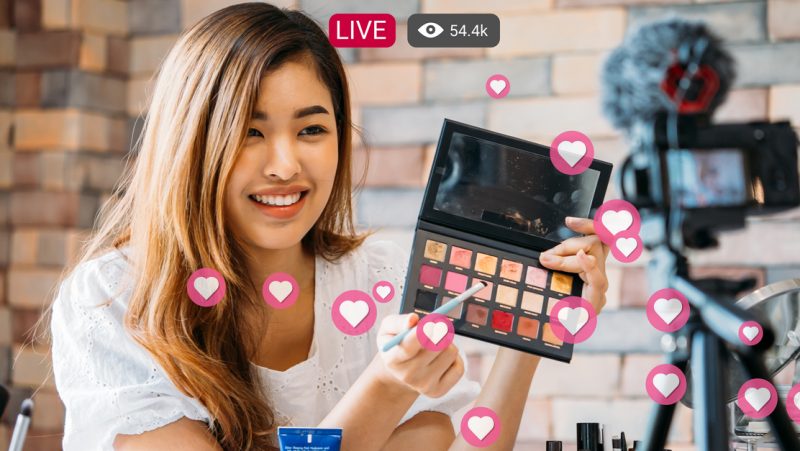When it comes to influencers, brands need to let go
Brands need to stop stripping influencers of creative control if they want to create natural, authentic ads that don’t feel like ads at all, argues Vamp’s Aaron Brooks. And, after all, isn’t that the point?
Almost half of marketers want total control over sponsored influencer posts, according to a recent study. Old habits die hard. For marketers used to masterminding a brand message and ensuring it’s implemented consistently, allowing influencers freedom to represent your brand, without strict guidelines, can feel like a new and daunting experience.
In the early days of influencer marketing, brands had little choice but to leave social ambassadors to interpret messages in their own voice. The ‘freebie in exchange for a post’ model was commonplace and marketers were left watching and waiting for a mention. But, as the industry has evolved into more formal paid partnerships, brands have felt entitled to more creative control over the work. In a sense, it’s understandable. After all, who knows the brand better than the brand itself?

But this control has an impact, both on the quality of the work and the performance of the campaign. The beauty of social creators is they know how to convert, without the hard sell. At their best, collaborations feel like a recommendation from an expert you admire, or a style suggestion from the person you wished you dressed like. At their worst, shoehorned marketing jargon and unnatural references make them instantly recognisable as an ad and you lose the magic of authentic influencer marketing.


Totally agree with you Aaron. There has to be a balance between the brand and the influencer.
The extent of a celebrity or influencer’s ability to captivate and persuade can make or break a campaign — and removing too much of their creative freedom only serves to hinder their ability to persuade sales.